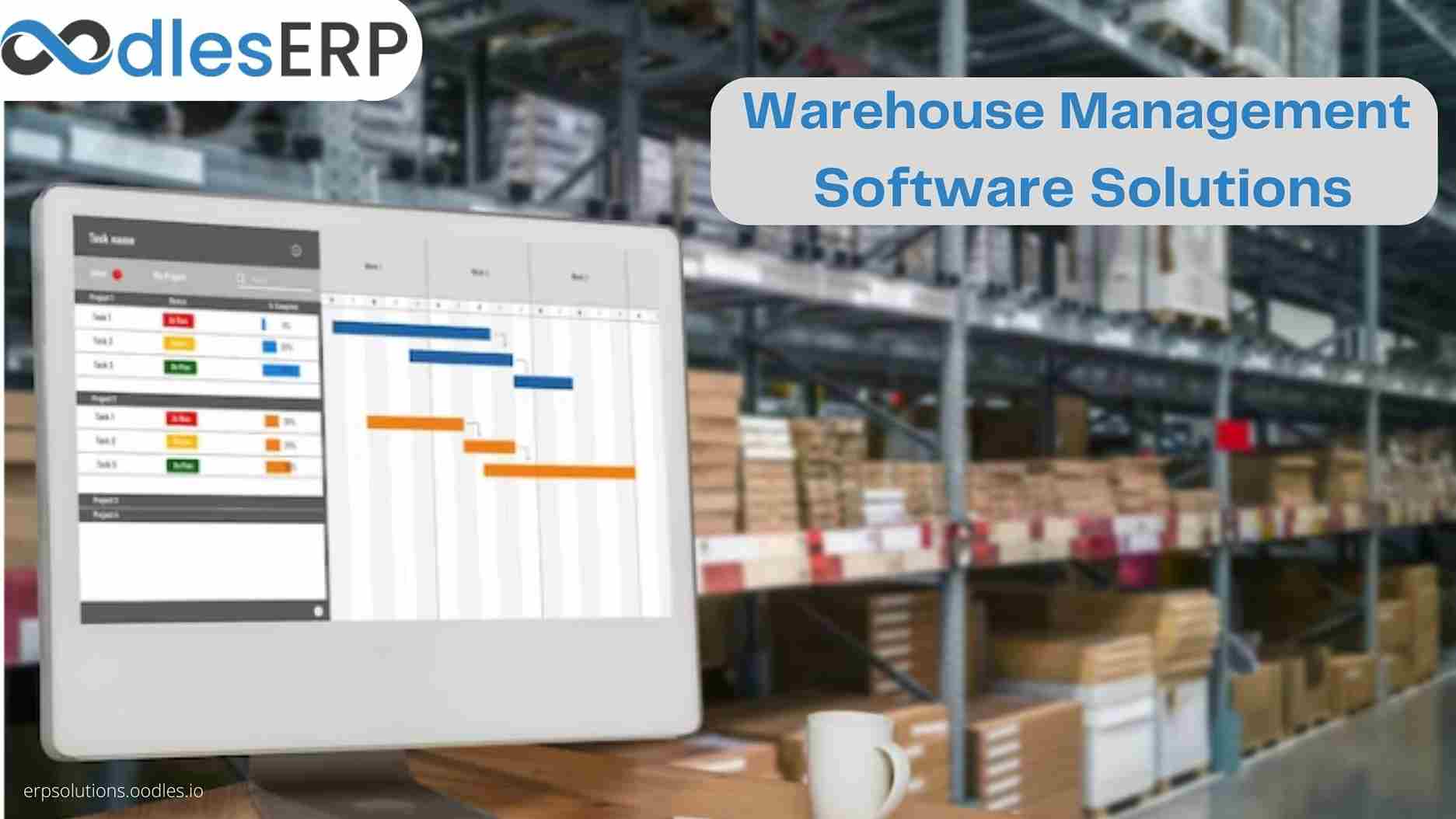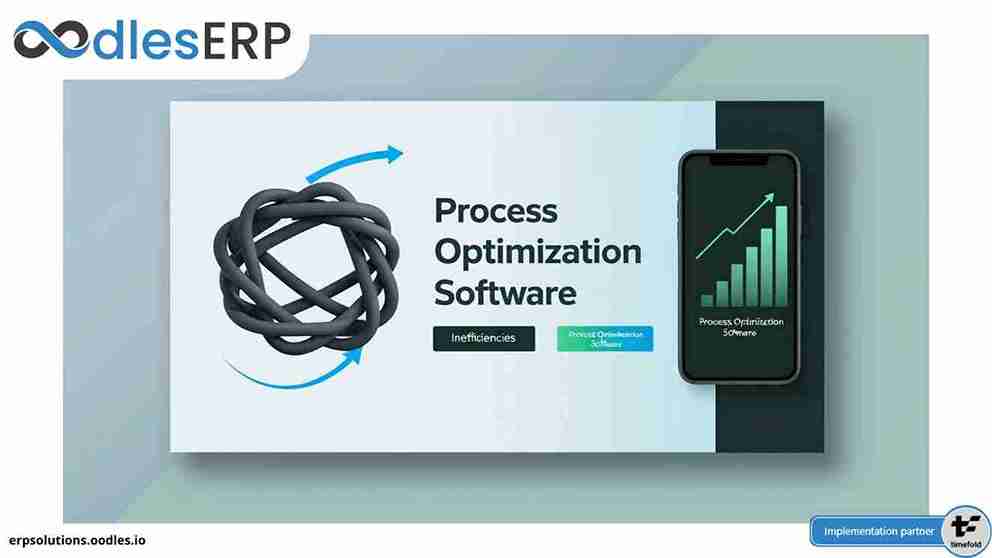To extract maximum benefits from warehouse management software development, it is critical to invest in the right software platform. However, with numerous options available in the market, selecting the right software could be a daunting task. This blog post will guide you through the key considerations and top factors to help you choose the right warehouse management software for your business.
Also, Read WMS Software Development For eCommerce Inventory Management
Selecting The Right WMS Software: Key Factors and Considerations
Selecting the right warehouse management software is crucial to succeed in today's cut-throat market competition. Below are the top factors that must be taken into account to select the ideal solution for warehouse management.
Assess Your Business Needs
Before embarking on the selection process, it is advisable to take a comprehensive look at the business needs and requirements. Besides, enterprises must evaluate the volume of their inventory, the size of the warehouse as well as unique operational challenges. It is also important to consider factors like order processing, inventory tracking, shipping, and integration with other systems. The last step is to identify the pain points, potential bottlenecks, and loopholes associated with the software implementation process and come up with a contingency plan.
Scalability and Flexibility
As a business grows, its warehouse management requirements will evolve with the passage of time. That said, it is crucial to choose a warehouse management software that may scale alongside your business. That said, it is crucial to consider the software's flexibility to accommodate increasing order volumes, additional warehouse locations, and new features. Besides, enterprises must look for solutions that offer modular capabilities, allowing you to add functionalities as needed. Scalability and flexibility are essential to ensure that the software can adapt to future changes and expansions without disrupting operations.
Integration Capabilities
Warehouse management software should seamlessly integrate with other systems such as enterprise resource planning (ERP), customer relationship management (CRM), and electronic data interchange (EDI). Besides, enterprises must consider implementing warehouse management software solutions that offer robust integration support with pre-built integrations for popular business modules. As such, the integration capabilities enable enterprises to gain a comprehensive view of the diverse warehouse processes and facilitate informed decision-making.
Also, Read The Importance Of ERP Inventory Management Services
Intuitive Dashboards and UIs
Usability and user experience are some crucial factors that determine the effectiveness of a warehouse management software system. Enterprises should always look for a WMS solution that has an intuitive user interface and a user-friendly navigation system. Having complex and cluttered app UIs may lead to several human errors and training difficulties. It is, therefore, advisable to develop and implement a fully customized warehouse management software system that offers an intuitive dashboard and user-friendly interface.
Conclusion
Selecting the right warehouse management software for your business requires careful consideration of the unique needs and requirements of your enterprise. Besides, enterprises must take into account the top factors like flexibility, scalability, interoperability, ease of integration, and vendor support. Taking the time to evaluate these factors will help enterprises make informed decisions that perfectly align with their business goals. Remember, choosing the right WMS is an investment that will contribute to your business's long-term success and growth.
Why Choose Oodles ERP For Warehouse Management Software Development?
We, at Oodles, provide full-scale ERP application development services to help enterprises steer clear of their operational challenges. Our team of ERP experts is skilled at developing custom enterprise solutions from scratch to address the varying needs of cross-industry businesses. We provide end-to-end warehouse management software development services to streamline and automate diverse inventory and warehouse management processes. Our customer WMS software solutions are conducive to achieving higher productivity levels and driving profitable returns. We use open-source software platforms like Odoo, ERPNext, and Apache OFBiz to build scalable warehouse management software solutions at cost-effective rates. Contact us at [email protected] for project-related queries.










